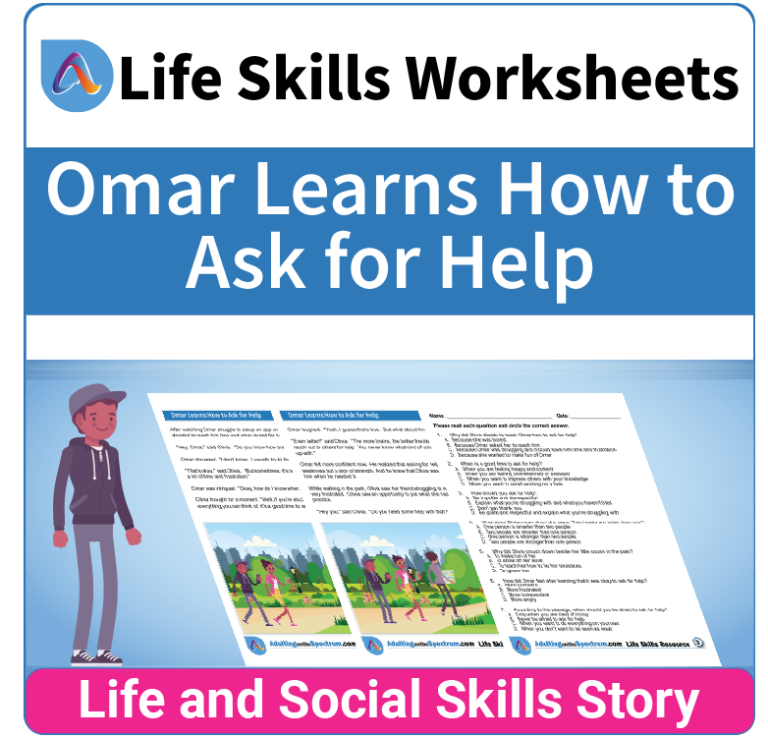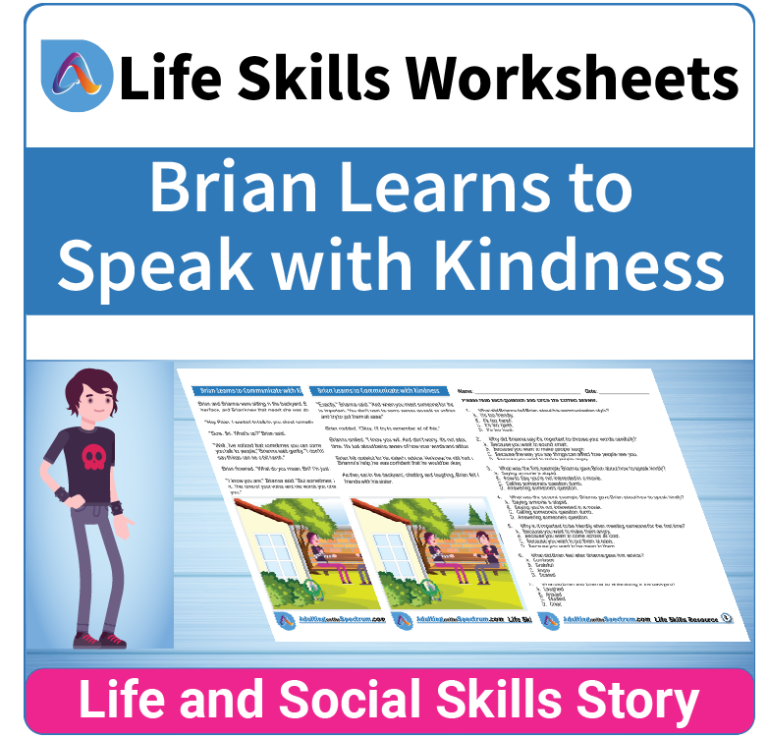Adaptive Sports and Fitness for Teens with Special Needs
Navigating the world of autism can be challenging, especially when it comes to finding activities that not only engage but also empower our children. As a parent or caregiver, you may often wonder how to best support your teen or young adult with autism in discovering their talents and passions. Today, I want to introduce you to the transformative world of adaptive sports and fitness, where teens and young adults with autism can flourish, grow, and exceed expectations.
Embracing Differences
One of the beauties of adaptive sports and fitness is its emphasis on inclusivity. These activities celebrate diversity and honor individual strengths, regardless of ability. This is crucial for teens and young adults with autism, as it fosters a sense of belonging and acceptance in a world that may sometimes feel overwhelming.
Physical and Mental Health Benefits
Engaging in regular physical activity has been shown to have numerous benefits for individuals with autism. From improving motor skills and coordination to reducing anxiety and boosting self-esteem, the positive impact of sports and fitness on physical and mental health cannot be overstated.
Tailored Support and Accommodations
Adaptive sports and fitness programs are designed to accommodate the needs of individuals with autism. Whether providing visual schedules, sensory-friendly environments, or personalized coaching, these programs strive to create an inclusive and supportive space where every participant can thrive.
Building Confidence
Participating in adaptive sports and fitness can be a powerful confidence booster for teens and young adults with autism. As they master new skills and overcome challenges, they gain a sense of accomplishment and self-assurance that carries over into other areas of their lives.
Fostering Social Connections
Sports have a unique ability to bring people together, and adaptive sports are no exception. By participating in team activities or group fitness classes, teens and young adults with autism have the opportunity to develop meaningful friendships, practice social skills, and learn the value of teamwork and cooperation.
Exploring Different Activities
Adaptive sports and fitness encompass various activities, from traditional team sports like basketball and soccer to individual pursuits like swimming and cycling. This variety allows teens and young adults with autism to explore different interests and find the activities that resonate most with them.
Setting and Achieving Goals
Goal-setting is an essential life skill, and adaptive sports provide the perfect platform for teens and young adults with autism to practice this skill in a supportive environment. Whether aiming for a personal best in a race or mastering a new technique, setting and achieving goals fosters a sense of purpose and direction.
Promoting Independence
As teens and young adults with autism participate in adaptive sports and fitness programs, they gain a sense of independence and autonomy. Learning to navigate the rules of a game or follow a workout routine empowers them to take control of their health and well-being.
Celebrating Progress, Not Perfection
In the world of adaptive sports and fitness, success is not measured solely by winning or reaching the highest level of performance. Instead, progress is celebrated at every step of the journey. This mindset shift is particularly valuable for teens and young adults with autism, who may face unique challenges and learn independently.
Overcoming Obstacles
Life is full of obstacles, and adaptive sports teach valuable lessons in resilience and perseverance. Whether pushing through fatigue during a workout or adapting to unexpected changes on the field, teens and young adults with autism learn to face challenges head-on and emerge stronger on the other side.
Finding Joy in Movement
Movement is a universal language, and adaptive sports and fitness allow teens and young adults with autism to express themselves and find joy in physical activity. Whether it’s the thrill of scoring a goal or the satisfaction of completing a challenging workout, these experiences provide moments of pure happiness and fulfillment.
Creating Lasting Memories
Some of the most cherished memories are made on the field or in the gym, surrounded by teammates and coaches who become like family. Adaptive sports and fitness offer teens and young adults with autism the opportunity to create lasting memories and form bonds that will endure long after the game is over.
Empowering Self-Advocacy
As teens and young adults with autism participate in adaptive sports and fitness programs, they learn to advocate for themselves and communicate their needs effectively. Whether requesting a modification to accommodate sensory sensitivities or requesting support from a coach, self-advocacy is a valuable skill that will serve them well throughout their lives.
Inspiring Others
By participating in adaptive sports and fitness, teens and young adults with autism become ambassadors for inclusion and diversity. Their courage, determination, and achievements inspire others to challenge stereotypes and embrace the unique abilities of every individual.
A Journey of Growth and Discovery
Ultimately, adaptive sports and fitness offer teens and young adults with autism much more than physical activity. They provide a journey of growth and discovery. Through sports, teens and young adults with autism learn more about themselves, their strengths, and their potential, unlocking doors to a future filled with endless possibilities.
I encourage you to explore the world of adaptive sports and fitness with your son or daughter with autism. Whether it’s joining a local team, signing up for a fitness class, or simply going for a walk together, the benefits of physical activity are undeniable. Let’s empower our teens and young adults with autism to embrace their uniqueness, chase their dreams, and reach for the stars.
Parenting autistic teenagers can be challenging, but with the right insights and resources, you can make a big difference in their lives. We hope this post has given you the confidence to continue your journey. “Adulting on the Spectrum” strives to empower autistic individuals by equipping them with essential life skills and encouraging them to pursue their dreams of independence.






